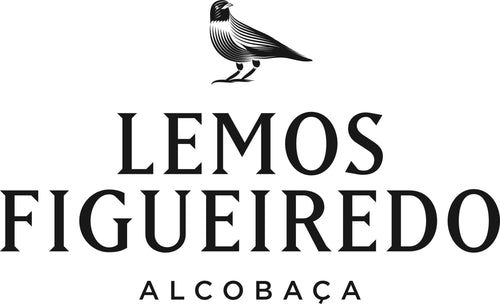Alcobaça and its flavored wines
The Cistercians of Alcobaça took care of the vineyard and the production of wine. This product was essential to strengthen the diet and restore physical and psychological spirit, benefiting the moods of the monastic community, as well as playing a central role in the Eucharistic ceremony. In short, building a monastery meant planting a vineyard.
White wines, red wines, factory wines and aromatized wines (vermouths), liqueurs (namely sour cherry) and distillates were produced. The vineyard population consisted mainly of white varieties and a small percentage of dyes used to dye the whites.
The white wine was produced from an open spout and, thus, crystalline wines were obtained and not wired that did not stain the altar's vestments.
To obtain red wines, or pallets, the color of Christ's blood, the dyes obtained by the tanning process were added to the white ones, since in the Alcobaça region there was no elderberry to give them color. Medieval and modern documentation speaks of rosés, rosettes, a matter of color, knowing that the aristocracy deplored strong-colored wines. In order to strengthen these wines, arrobe was added during the fermentation period, that is, boiled must that resulted in a jelly, a method already used by Phoenicians, Carthaginians and Romans. The wines were also graced with the addition of cashew apples and orange peels, which contributed to fruiting and preserving them.
St. Bernard, who saw wine as an enemy of virtue, was even more reluctant to manipulate wines. The Saint was repugnant to the habit in some monasteries of flavoring wines with honey and altering their natural color with pigments.
But the aromatization of wines used as aperitifs was a common practice in the world of monasteries and many successful experiences emerged from it.
In the making of these wines herbs, spices and other substances were used. Wines could be made with aniseed, rosemary or absinthe, boiled with cinnamon, cloves, nutmeg, pepper, musk and amber.
These improved and, therefore, special wines would naturally be consumed during festive periods, at banquets and in other ceremonies worthy of their exquisite manufacture.
Prof. Dr. Antonio Valerio
